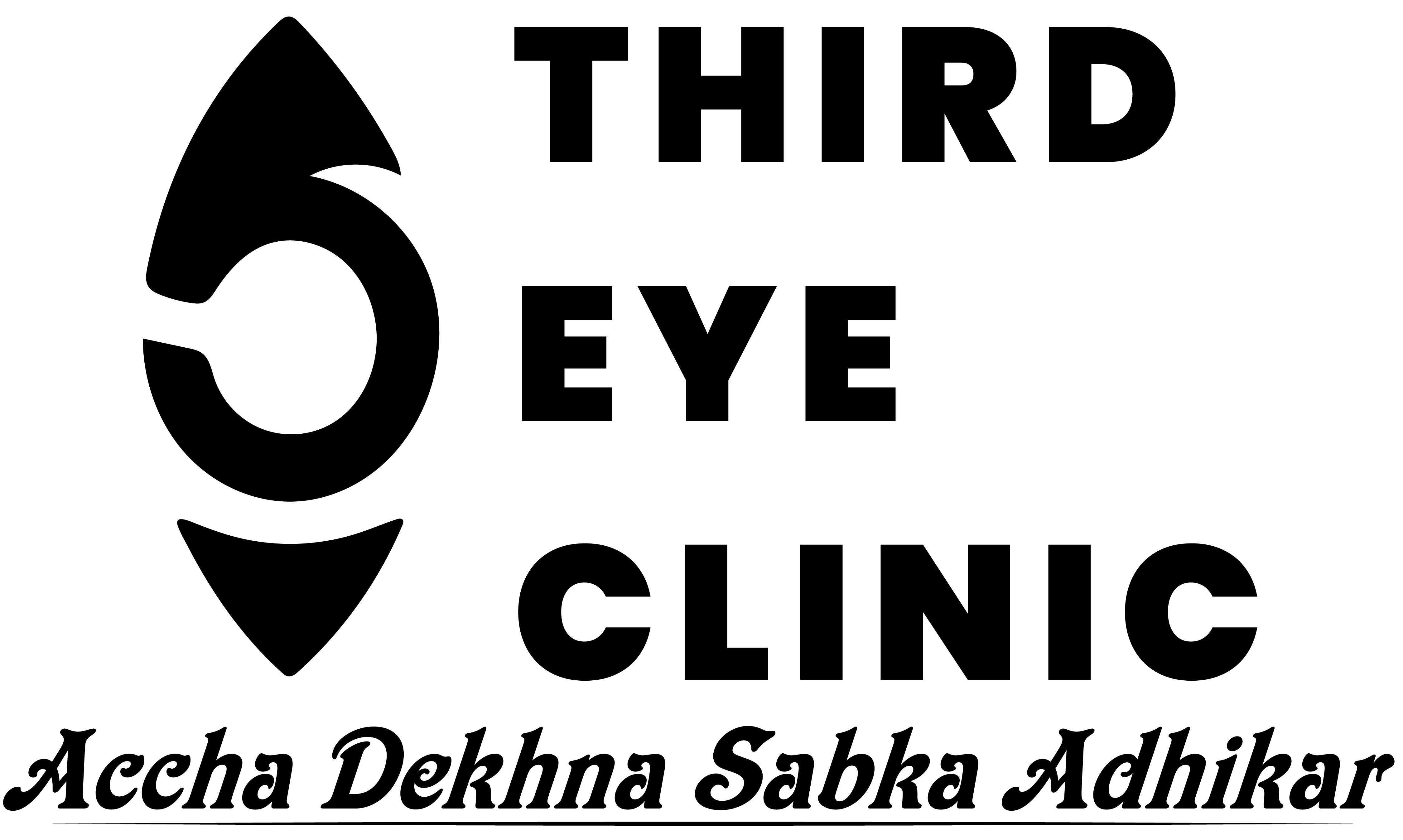Uvea clinic
What is the Uvea?
The uvea is the middle layer of the eye, located between the outer white layer (sclera) and the inner light-sensitive layer (retina). It consists of three main parts: the iris, which gives the eye its color and controls the size of the pupil; the ciliary body, which produces fluid in the eye and helps focus by adjusting the lens; and the choroid, a layer rich in blood vessels that supplies nutrients and oxygen to the retina.
The Uvea Clinic at Third Eye Clinic is dedicated to the diagnosis, treatment, and management of uveitis and other uveal tract disorders, which can affect the iris, ciliary body, and choroid of the eye. Uveitis is a potentially sight-threatening condition that requires prompt and expert care—and our specialized team is here to provide just that.
Specialized Care for Uveitis & Uveal Disorders
We combine clinical expertise, advanced imaging technology, and a multidisciplinary approach to deliver precise, customized treatment plans for each patient. Whether it’s infectious, autoimmune, or idiopathic uveitis, our specialists are trained to detect the root cause and prevent long-term damage.
Our Uvea Clinic Services Include:
Symptoms of cataracts include:
- Comprehensive Uveitis Evaluation
- Medical Management
- Advanced Diagnostic Testing
- Management of Complications
- Multispecialty Coordination
- Long-term Monitoring & Follow-up
Why Trust Third Eye Clinic’s Uvea Specialists?
- Fellowship-trained uveitis experts
- Personalized, compassionate care
- Accurate diagnosis with modern equipment
- Emphasis on long-term vision preservation
Common Causes of Uveitis
- Autoimmune disorders (e.g., rheumatoid arthritis, lupus, ankylosing spondylitis)
- Infections (e.g., tuberculosis, herpes, toxoplasmosis)
- Eye injuries or trauma
- Post-surgical complications
- Systemic inflammatory diseases
- Idiopathic (unknown causes)
Prevention & Eye Health Tips
While not all cases of uveitis are preventable, you can reduce your risk with the following:
We combine clinical expertise, advanced imaging technology, and a multidisciplinary approach to deliver precise, customized treatment plans for each patient. Whether it’s infectious, autoimmune, or idiopathic uveitis, our specialists are trained to detect the root cause and prevent long-term damage.
Why Choose Us?
Are you having Eye problems? Contact us today!
Address Business
Contact With Us
Call Us 24/7: +91 7903381944
Working Time
The uvea is the middle layer of the eye that includes the iris, ciliary body, and choroid. It plays a crucial role in supplying blood to the eye and maintaining its function. Inflammation or disease in this area can lead to serious vision problems if not treated promptly.
Our Uvea Clinic specializes in diagnosing and treating conditions such as:
- Uveitis (an inflammation of the uvea)
- Infectious and non-infectious uveitis
- Autoimmune-related eye diseases
- Posterior segment inflammation
- Ocular tuberculosis
- Sarcoidosis-related eye conditions
Patients may experience:
- Eye redness
- Pain or discomfort in the eye
- Blurred or cloudy vision
- Sensitivity to light (photophobia)
- Floaters or spots in vision
Uveitis can be caused by:
- Autoimmune disorders (like rheumatoid arthritis, lupus)
- Infections (like tuberculosis, herpes, syphilis)
- Trauma or injury to the eye
- Idiopathic (unknown cause)
Our specialists use:
- Slit-lamp examination
- Fundus examination
- Optical Coherence Tomography (OCT)
- Fluorescein angiography
- Blood tests and imaging (if systemic causes are suspected)
Yes, if left untreated, uveitis can lead to complications such as cataract, glaucoma, retinal detachment, or permanent vision loss. Early diagnosis and treatment are essential.
Treatment depends on the underlying cause and may include:
- Steroid eye drops, oral medication, or injections
- Immunosuppressive therapy
- Antiviral, antibiotic, or antifungal treatment (if infectious cause)
- Regular monitoring and follow-ups
Uveitis itself is not contagious. However, if it is caused by an infectious disease, the underlying infection may be contagious.
Follow-up frequency depends on the severity of inflammation. Typically, patients are reviewed weekly during the active phase and less frequently as the condition stabilizes.
No referral is needed. You can book an appointment directly with our Uvea specialist by calling or visiting the Third Eye Clinic.



